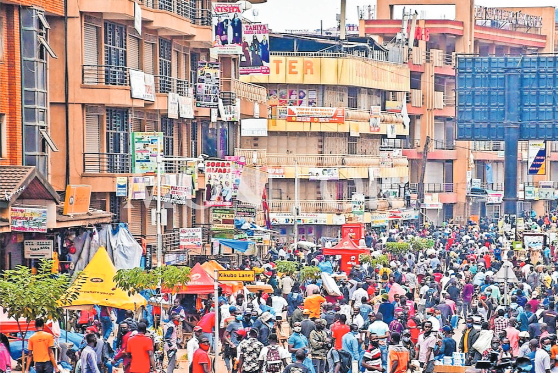Prime
Will AU address rising trend of military, constitutional coups?

Author: Nkwazi Mhango
What you need to know:
- I’m quite sure sitting dictators are now shivering given the trend.
In 2000, under the Lomé Declaration, then Organisation for African Unity (OAU), thereafter the African Union (AU), banned military coups though it inadvertently endorsed constitutional coups.
Before long, coups took place in Zimbabwe (November 21, 2017), Sudan (April 11, 2019), Mali (August 19, 2020, and May 24, 2021), Chad, though covert, (April 20, 2021) and recently in Guinea (September 5).
What does this say about Africa’s future? What does this say about rulers who amend their constitutions to stay in power?
Power lust is a common human behaviour. We all need some sort of power to juggle the maze of life. I need more power so that I can lord it over my wife in some matters. My employee needs some in order to gain hugely from me.
However, not all of us crave presidency. Notably, the recent coup in Guinea speaks to something distinct that those who cling to powers should get prepared for: to lose them. My philosophy warns me that he who seeks power will lose it.
I don’t know what Tony Blair, the former UK Prime Minister, will say after his protégé, Alpha Conde, was overthrown.
If you examine the coups above, they all share one hallmark; they topple those that have either been in power for long, or those that abuse their constitutions, institutions or systems.
In Zimbabwe, for instance, Robert Mugabe had been in power for 37 years; Omar Bashir for 36 in Sudan; Idriss Deby 22 years in Chad, while in Mali, Ibrahim Boubacar Keïta was unlucky since he was toppled in his second term in office.
Generally, the trajectory shows that coups are increasing in Africa due to bad governance, corruption, dictatorships, injustices, poverty, and, above all, lust for power.
What those responsible fail to underscore is the fact that lust for power creates toxicity for regimes.
Those who remember sufferings from coups in Africa will agree with me that this isn’t a good thing for the continent.
In Guinea, Mamady Doumbouya,41, unseated president Alpha Conde,83, who clung to power after tempering with the constitution and successfully ran for a third time. Ironically, Conde was the first democratically elected president of Guinea who pointlessly turned himself into a tyrant for the lust of power.
Thus, when he was overthrown, there was jubilation on the streets of Conakry. For the victims of Conde’s power lust, his disposal was but a gift from God. This speaks to the blood of innocent people that he shed in his lust for power.
Thus, pent-up anger forced the people to cheer on the junta without knowing that they’re cheering one evil and jeering another.
Considering the blunders those toppled rulers committed, I’m quite sure sitting dictators are now shivering. Strongmen – not women – in Cameroon, CAR, Comoros, Cote d’Ivoire, Djibouti, Equatorial Guinea, Eritrea, Gabon, Republic of Congo, South Sudan and Togo, among others, are likely to be quaking as they worry about their vulnerable regimes.
As for the AU, where does it stand on this matter? Its rhetoric’s hasn’t proved to be effective.
It is time for it to act decisively by seeing to it that coups be they military or constitutional are thwarted.
When’ll coups end in Africa? Will the AU address both military and constitutional coups?
Mhango is a lifetime member of the Writers’ Alliance of Newfoundland and Labrador




